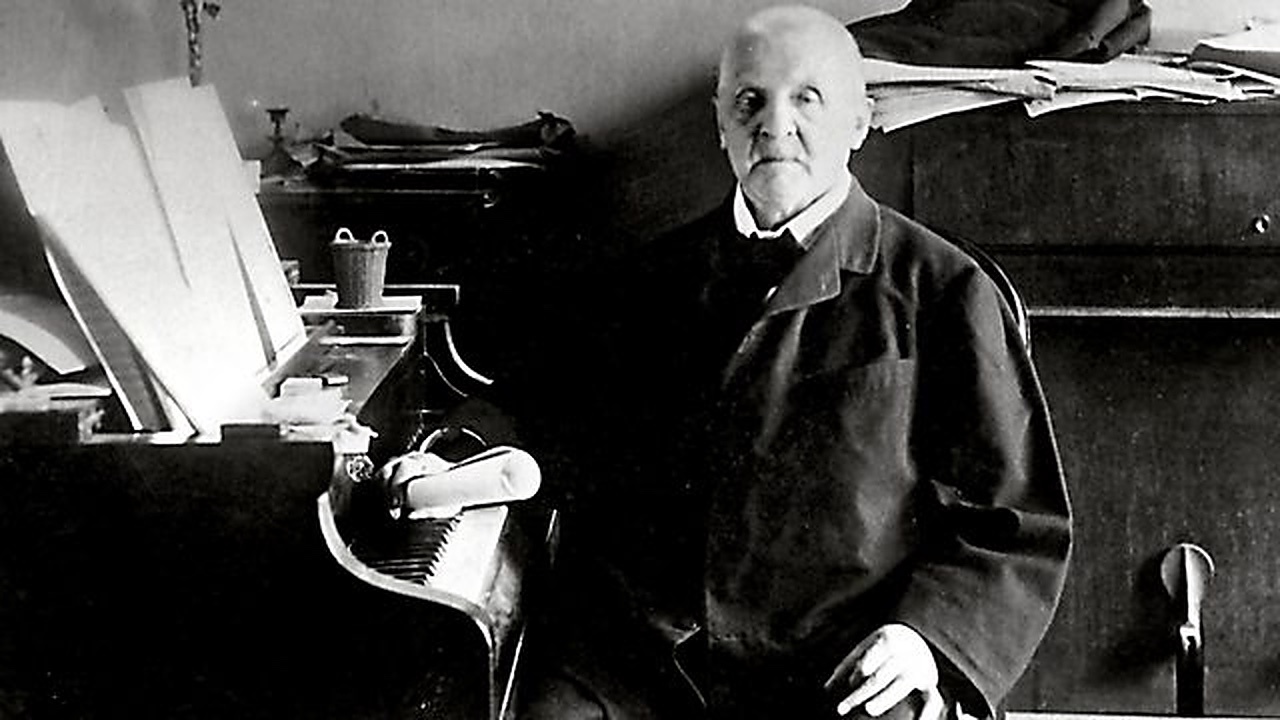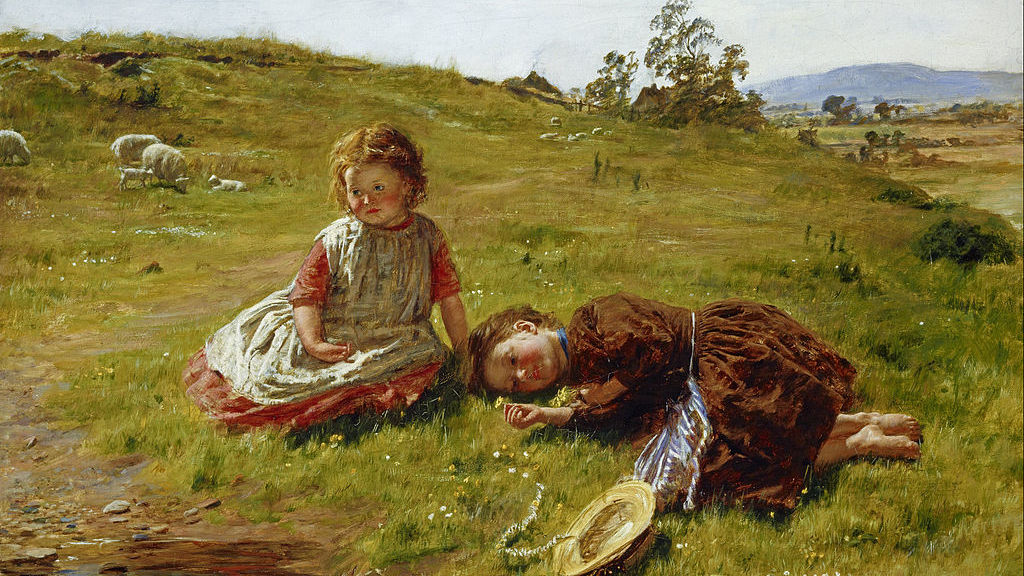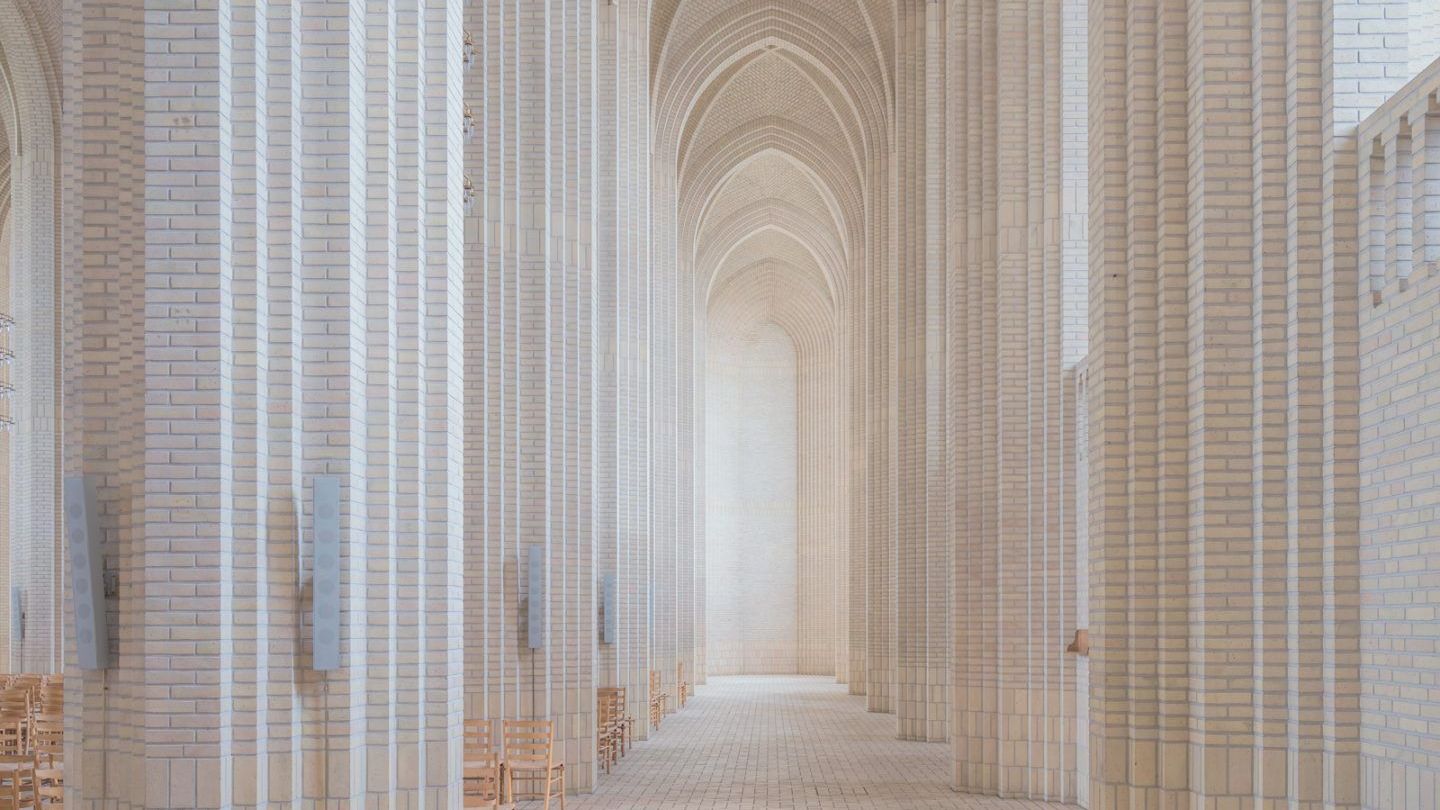Bruckner’s Seventh Symphony: A Cosmic Return Home
Gustav Mahler famously described Anton Bruckner (1824-1896), as “half simpleton, half God.” Indeed, Bruckner was an eccentric figure marked by contradictions. Although he spent the latter part of his life in cosmopolitan Vienna, he never shed his rural Upper Austrian roots. An eminent organist who was long employed at the Augustin monastery of St. Florian, Bruckner was devout and unshakable in his religious faith. At the same time, he suffered periods of …







